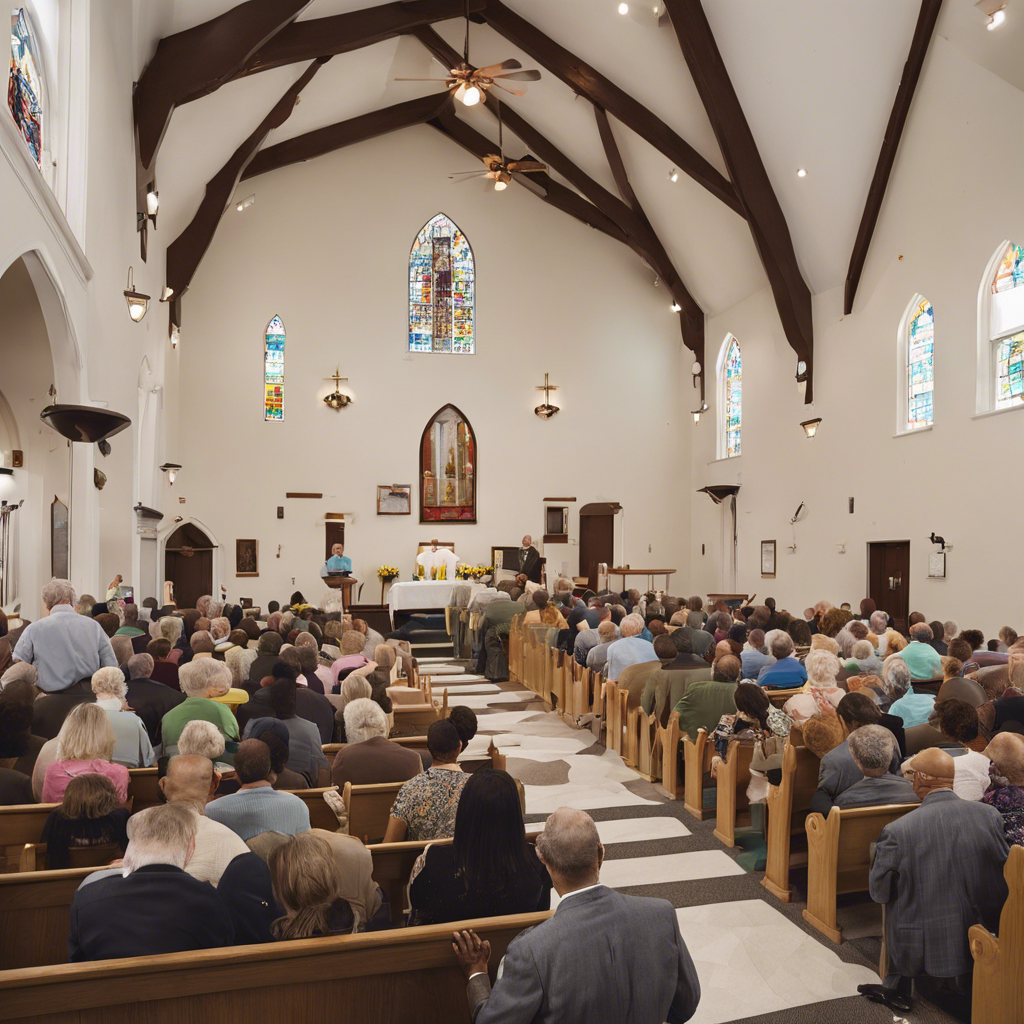

One of the key benefits of religious involvement in mental health is the sense of community and support that it can provide.
Many religious communities offer a sense of belonging and connection, which can be crucial for individuals struggling with mental health issues.
Research has shown that individuals who are actively involved in religious practices tend to have lower levels of depression and anxiety, as well as higher levels of overall well-being. Furthermore, religious beliefs can also serve as a source of comfort and hope in times of distress. The belief in a higher power or divine presence can provide individuals with a sense of meaning and purpose, which can be particularly helpful for those facing mental health challenges. Studies have shown that individuals who have a strong sense of spirituality tend to have better mental health outcomes and are more resilient in the face of adversity.
#James Donaldson notes:
Welcome to the “next chapter” of my life… being a voice and an advocate for #mentalhealthawarenessandsuicideprevention, especially pertaining to our younger generation of students and student-athletes.
Getting men to speak up and reach out for help and assistance is one of my passions. Us men need to not suffer in silence or drown our sorrows in alcohol, hang out at bars and strip joints, or get involved with drug use.
Having gone through a recent bout of #depression and #suicidalthoughts myself, I realize now, that I can make a huge difference in the lives of so many by sharing my story, and by sharing various resources I come across as I work in this space. #http://bit.ly/JamesMentalHealthArticle
Find out more about the work I do on my 501c3 non-profit foundation
website www.yourgiftoflife.org Order your copy of James Donaldson's latest book,
#CelebratingYourGiftofLife: From The Verge of Suicide to a Life of Purpose and Joy

www.celebratingyourgiftoflife.com
Link for 40 Habits Signup
bit.ly/40HabitsofMentalHealth
If you'd like to follow and receive my daily blog in to your inbox, just click on it with Follow It. Here's the link https://follow.it/james-donaldson-s-standing-above-the-crowd-s-blog-a-view-from-above-on-things-that-make-the-world-go-round?action=followPub
On the other hand, there can be negative aspects to the intersection of religion and mental health. In some cases, religious teachings may conflict with evidence-based mental health treatment, leading individuals to forgo necessary medical interventions in favor of prayer or faith-based practices. This can be particularly concerning in cases of severe mental illness, where professional intervention is crucial for effective treatment.
Additionally, religious beliefs that emphasize guilt, shame, or fear can contribute to feelings of anxiety or depression in some individuals. The pressure to adhere to strict moral codes or beliefs about sin and punishment can exacerbate mental health issues and create a sense of inner turmoil.
Despite these potential challenges, it is important to recognize that spirituality can play a significant role in coping with mental illness.
For many individuals, their faith is a source of strength and resilience that helps them navigate difficult emotions and experiences. Seeking support from religious leaders, engaging in prayer or meditation, and finding solace in religious texts can all be powerful tools for managing mental health symptoms.
In order to navigate the relationship between religion and mental health effectively, it is important for individuals to find a balance that works for them. This may involve seeking professional help from mental health professionals who are sensitive to religious beliefs, as well as engaging in spiritual practices that promote well-being and self-care.
Open dialogue and destigmatizing mental health within religious communities is also crucial in ensuring that individuals feel supported and validated in seeking help. By normalizing discussions around mental health and promoting understanding and acceptance, religious communities can play a key role in promoting mental wellness among their members.
In conclusion, the intersection of religion and mental health is a complex and nuanced area that requires careful consideration and thoughtful reflection. While religious beliefs and practices can have both positive and negative impacts on mental health, it is essential for individuals to find a balance that works for them and seek support when needed. By fostering open dialogue and promoting understanding within religious communities, individuals can navigate the complexities of this relationship with the support and guidance they need to thrive.

https://standingabovethecrowd.com/james-donaldson-on-mental-health-religion-and-mental-health/


No comments:
Post a Comment